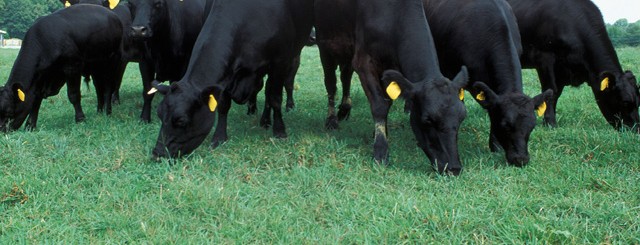-

The Southeast Cattle Advisor recently published a newsletter article describing the economic benefits of grazing cool season annual forages as a way to reduce the costs of feeding. You can read the article here. They show that providing cool season annual forage can be a cost-effective way to reduce winter feeding costs for cattle, depending…
Posted in: Extension agent outreach -

NBC News reported that a new study to be published shortly in Geophysical Research Letters shows that the drought which covered much of the US in 1934 was the worst in 1000 years, based on tree ring records from across the country from 1000 to 2005 as well as modern climate observations. The atmospheric pattern…
-

The 7-day QPF map shows that most of the Southeast is expected to get less than a quarter inch of rain in the next week. Most of that will fall during a cold front passage Tuesday night to Thursday afternoon. Other than the scattered showers associated with the front, conditions should be mostly dry. Ahead…
Posted in: Climate outlooks -

A couple of recent publications have noted that the ranges of fish and ragweed are expanding to the north under the influence of warming temperatures on land and in the ocean. CBC News reported on a recent study that tracked the ranges of 802 commercially exploited fish species and noted that ” the fish are…
Posted in: Climate and Ag in the news -

The Packer printed a story on October 16 describing negative impacts of heavy rain in Florida on fresh tomato availability, in a story available here. Volumes will be down for a few weeks due to losses in Florida and in Baja California, where hurricane-related storms followed by heat and more rain knocked down plantings and…
-

The Packer noted earlier this week that Chile has suffered some unseasonably cold weather, which has caused damage to blueberries as well as potentially to their other crops of apples, kiwifruit and cherries. However, the extent of the damage is uncertain, since reports have come in from only a few growers so far. The Packer…
-

The USDA announced yesterday that they have a new set of web sites for their Climate Hub program. The website is located at https://climatehubs.oce.usda.gov/. In addition to regional information, they also have livestock and crop pages which discuss current research and activities. An events calendar is also listed on the main page. For a discussion…
Posted in: Climate and Ag in the news